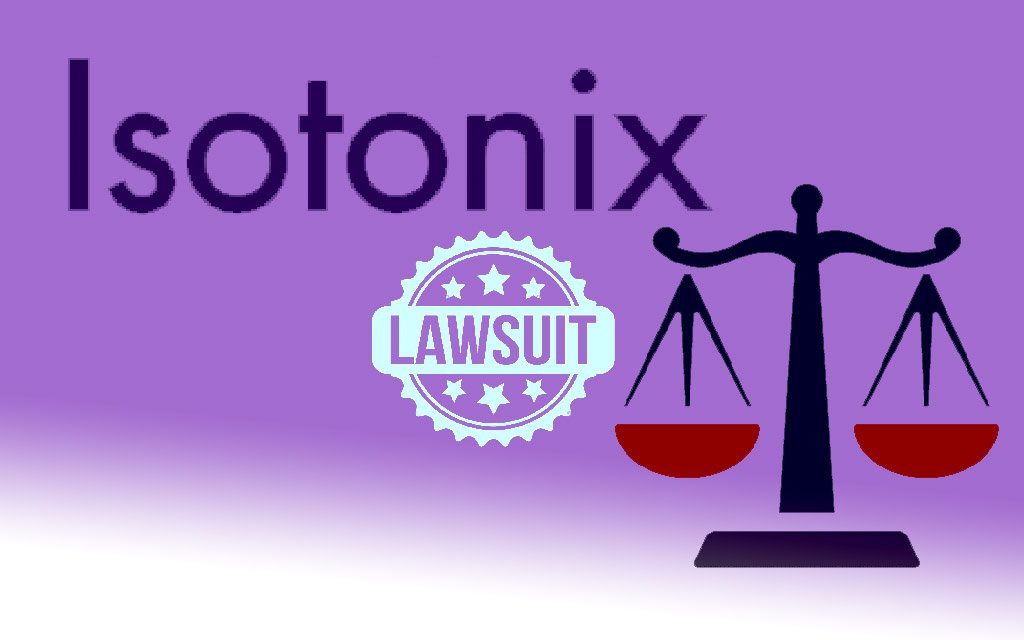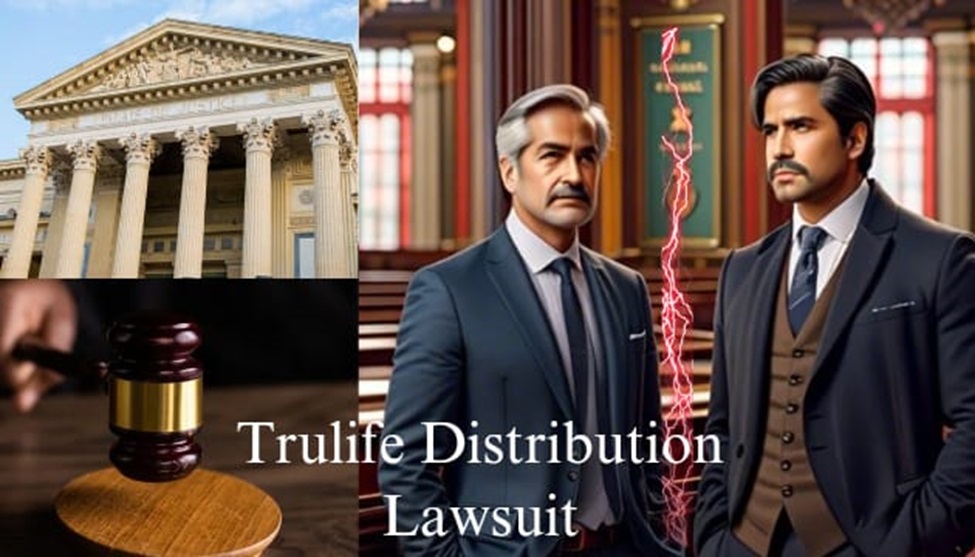The Zantac lawsuit is now one of the most talked-about legal cases in pharmaceutical history. In 2019, this trusted heartburn medication came under serious scrutiny.
People who used Zantac regularly began hearing disturbing news. The drug may have contained a chemical linked to cancer. That news shook patients, doctors, and regulators. Now, thousands are seeking justice. Lawsuits continue to grow. This article explains what’s happening, who’s involved, and what you should know.
Zantac’s Past: From Relief to Risk
Zantac was once a go-to medication for heartburn and acid reflux. Doctors recommended it. Patients trusted it. The main ingredient, ranitidine, helped millions. However, that trust changed fast in 2019. Scientists found that ranitidine could break down into NDMA. NDMA is not just any chemical. It’s a probable human carcinogen. It can form in heat or over time. That’s what changed everything. Once the public learned the risk, lawsuits followed.
Why the Zantac Lawsuit Exists
NDMA became the focus of concern. People who used Zantac now believe it made them sick. Here’s the core issue: drug companies didn’t warn users. Many say they were never told Zantac could cause cancer. Lawsuits now claim the makers ignored that risk.
Studies showed NDMA could form when Zantac sat in warm storage or aged. Once ingested, NDMA could build up inside the body. That buildup could lead to cancers—especially in the liver, stomach, or colon. Patients say they never had the chance to decide. They never saw a clear warning.
Which Companies Are Involved in the Zantac Lawsuit?
Three big names dominate the case. Each had a major role in producing or selling Zantac.
1. GlaxoSmithKline (GSK)
GSK created Zantac. It launched ranitidine as a leading acid-reducing drug. For years, GSK promoted it globally.
2. Sanofi
Later, Sanofi took over distribution. The French-based pharma giant handled sales in many parts of the world.
3. Pfizer
Pfizer also had ties to Zantac. It helped distribute the drug in several countries before the recall. All three now face legal action. Patients claim these companies failed to act responsibly. They argue these corporations ignored the danger signs.
Zantac Lawsuit Settlements Are Already Happening
Some companies have chosen to settle. Others continue to fight in court.
GSK’s Historic Settlement
In October 2024, GSK agreed to pay $2.2 billion. That settlement covered roughly 80,000 lawsuits. It resolved about 93% of all state court claims. This payout ranks among the largest in pharma history.
Sanofi’s Settlement in April 2024
Sanofi reached a deal over 4,000 lawsuits. The amount was not shared publicly. Still, the agreement marks a big legal step.
Pfizer Settles Over 10,000 Claims
In May 2024, Pfizer also settled thousands of lawsuits. Again, the details remain private. But these agreements send a clear message: the risks were serious. Even so, not every case is resolved. Many lawsuits are still open. More may follow.
Trials Are Shaping the Legal Landscape
Courtrooms are now testing the arguments. Some trials have already delivered major results.
Chicago Trial in May 2024
An 89-year-old woman said Zantac caused her cancer. A jury ruled against her. They said her case lacked clear evidence. That decision helped the defense. But it didn’t close the door on other claims.
Delaware Court Ruling in June 2024
This court allowed expert scientists to testify. They could now explain how NDMA causes cancer. That changed everything. The decision impacts over 70,000 ongoing cases. Courts are now taking science seriously.
What the Media Often Overlooks
News reports don’t cover everything. Some issues deserve more attention.
Global Consequences of Zantac
Zantac wasn’t just sold in the U.S. People in Canada, the UK, and Australia took it too. Lawsuits may spread worldwide. What have other countries done? How are they handling the NDMA risk? These questions remain mostly unanswered.
Long-Term Health Concerns
Some people used Zantac for years. They feel fine now—but what about later? NDMA exposure could cause cancer years after use. Health experts say ongoing monitoring is crucial. Very few news outlets mention this.
How Regulators Reacted Outside the U.S.
The FDA pulled Zantac from shelves. But what about Health Canada or the UK’s MHRA? We know some countries took action. Yet, most coverage still focuses on U.S. decisions.
Patient Advocates Are Leading the Fight
Groups led by patients are pushing for change. They raise awareness, offer legal support, and demand stronger regulations. Most media forgets to credit their efforts. These groups helped bring Zantac’s dangers into the spotlight.
What to Do If You Took Zantac
You may feel uncertain. That’s understandable. Here’s what experts recommend:
- Talk to your doctor. Get regular checkups.
- Ask about NDMA exposure risks.
- Consider legal help if you’ve had a cancer diagnosis.
- Find a lawyer who specializes in drug-related cases.
Legal support can help you understand your rights. You don’t have to face this alone.
Why the Zantac Lawsuit Still Matters
This case isn’t just about one drug. It’s about patient safety. It’s about corporate accountability. The Zantac lawsuit proves that patients demand honesty. People deserve to know the full risk before using any drug. More companies now pay closer attention. More doctors ask better questions and patients expect transparency. That shift matters.
Conclusion: Zantac Lawsuit Could Shape Drug Safety Forever
The Zantac lawsuit continues to unfold. New trials, settlements, and rulings emerge every month. If you took Zantac, don’t stay silent. Your story matters. Your health matters. This lawsuit could change how drug makers warn patients. It could also change how governments regulate medicine. Expect the case to remain in headlines. Expect new voices to speak up. And most importantly, expect lasting change.


